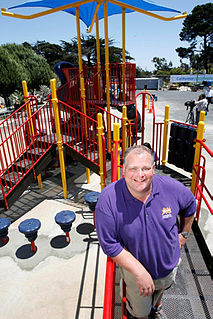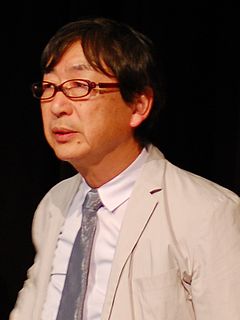A Quote by Darell Hammond
We are raising today's children in sterile, risk-averse and highly structured environments. In so doing, we are failing to cultivate artists, pioneers and entrepreneurs, and instead cultivating a generation of children who can follow the rules in organized sports games, sit for hours in front of screens and mark bubbles on standardized tests.
Related Quotes
Our great mistake in education is ... the worship of book-learning-the confusion of instruction and education. We strain the memory instead of cultivating the mind. ... We ought to follow exactly the opposite course with children-to give them a wholesome variety of mental food, and endeavour to cultivate their tastes, rather than to fill their minds with dry facts.
Now the problem with standardized tests is that it's based on the mistake that we can simply scale up the education of children like you would scale up making carburetors. And we can't, because human beings are very different from motorcars, and they have feelings about what they do and motivations in doing it, or not.
It is among the ranks of school-age children, those six- to twelve-year-olds who once avidly filled their free moments with childhood play, that the greatest change is evident. In the place of traditional, sometimes ancient childhood games that were still popular a generation ago, in the place of fantasy and make- believe play . . . today's children have substituted television viewing and, most recently, video games.
In 1600 the specialization of games and pastimes did not extend beyond infancy; after the age of three or four it decreased and disappeared. From then on the child played the same games as the adult, either with other children or with adults. . . . Conversely, adults used to play games which today only children play.
As the issue of youth fitness - from obesity to proper exercise regimens - takes on more resonance in schools and communities across the country, CrossFit Kids and other preschool fitness programs are raising questions about when and how children should start playing organized sports or hitting the gym.
Vaccines are a miracle; they're fantastic. Anything that makes people hesitate to give their children these vaccines according to the recommended schedule creates risk. Risk for the children who don't get vaccinated and risk for children, some of whom don't have an immune system, so they're benefiting from the fact that the community protection means the disease doesn't get to them.


































